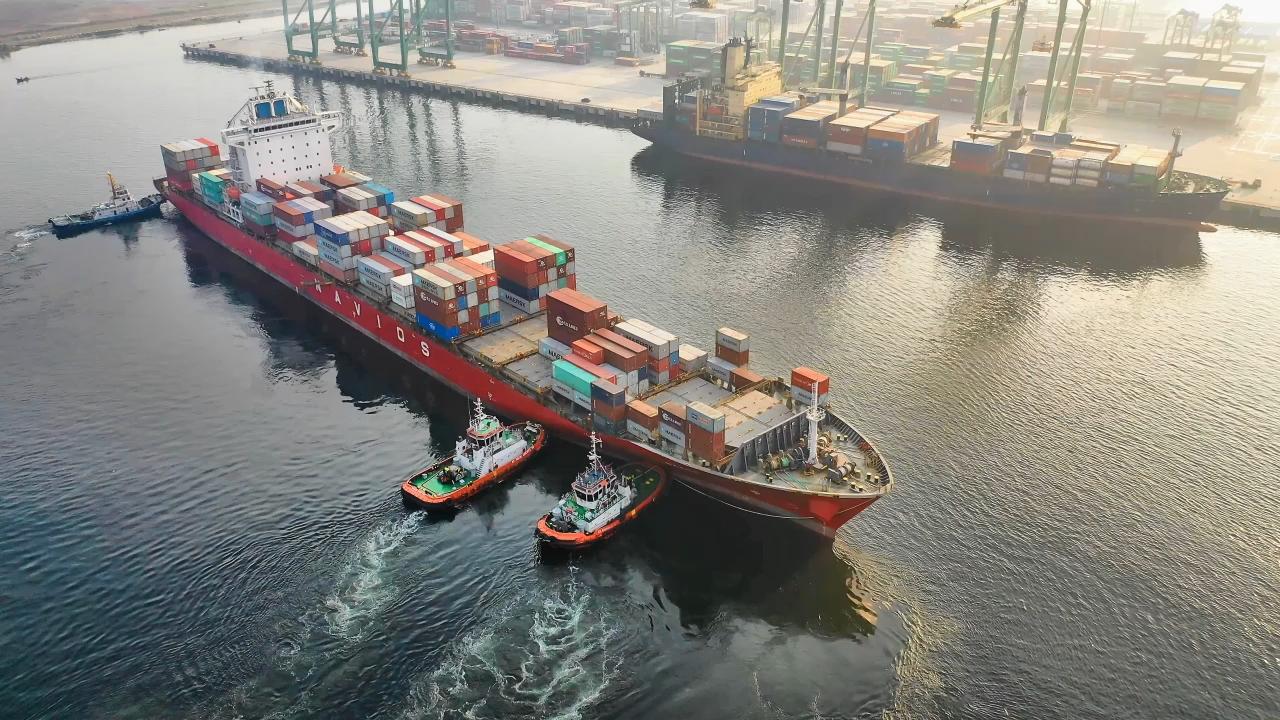
As we live in a connected and global world, international transportation is of vital importance. As people, goods and services move rapidly across the globe, international transportation processes have become an essential component of the supply chain. In this article, we will look at what international transportation is, how it works and why it is so important.
International transportation is an activity that deals with the transport of goods, services and people across borders. This is accomplished by overcoming geographical distances between different countries, through various modes of transport such as sea, air, road and rail. For example, when a manufacturer wants to export products made in China to Europe, these products may need to be transported by sea on ships. In this case, international transportation comes into play as part of the supply chain.
One of the key elements of international transportation is international transport documents. These documents ensure that the products to be exported or imported are transported in a legally regulated manner. For example, documents such as customs declarations, transportation contracts and invoices ensure that the transportation process takes place properly and safely. In addition, the standards and procedures used in international transportation ensure that there is harmonization between all parties and that the transportation process runs smoothly.
International transportation is important for many reasons. First, with the increase in trade around the world, goods and services need to move across borders. Second, international transportation stimulates economic growth and gives businesses access to new markets. By getting their products to consumers around the world, producers can reach a wider customer base and gain a competitive advantage. In addition, international transportation contributes to the development of cultural and trade relations between countries and promotes global cooperation.
However, international transportation processes also involve some challenges. Factors such as varying transportation regulations, customs procedures and language barriers between different countries can complicate the transportation process. Moreover, transportation times over long distances, logistics costs and security issues are also important factors to consider.
In conclusion, international transportation is an indispensable element for the world economy. With globalization, goods, services and people need to move quickly and safely. By meeting this need, international transportation operates as part of the supply chain and provides businesses with a competitive advantage in the global market. However, given the changing regulations and challenges, effective management and planning of transportation processes is of paramount importance.


